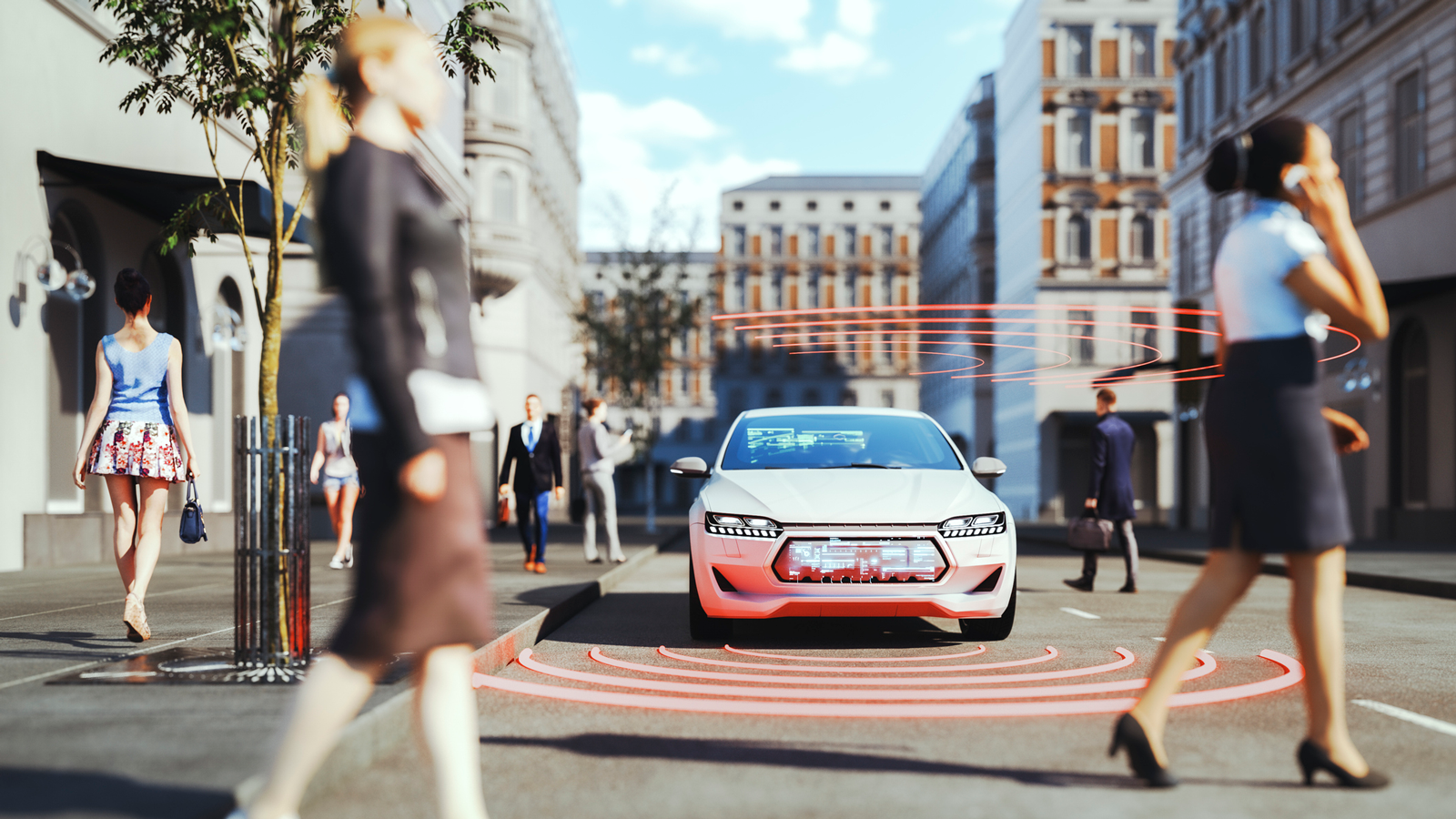
By Jack Loughran Tue 21 May 2024
Collected at : https://eandt.theiet.org/2024/05/21/self-driving-cars-could-hit-uk-roads-2026-after-milestone-law-comes-force
The Automated Vehicles (AV) Act, which became law on Monday (20 May), will allow self-driving vehicles on the roads as long as they achieve a level of safety as high as “careful and competent” human drivers. The vehicles will also be required to meet rigorous safety checks.
The Department for Transport (DfT) said the sector could create over 38,000 new jobs and generate £42bn for the UK economy by 2035.
Both MPs and the automotive sector had recently issued warnings that the UK risks squandering its lead in the technology if the legislation to make their operation possible was not quickly passed.
A major element of the law makes companies, rather than individuals, responsible for a vehicle when it’s self-driving without human monitoring required. In situations where it does not make sense for a human to be liable, the person will be given immunity from any prosecution. However, in vehicles or contexts where drivers assume a certain level of control, the driver will remain responsible.
Transport secretary Mark Harper said: “Britain stands at the threshold of an automotive revolution and this new law is a milestone moment for our self-driving industry, which has the potential to change the way we travel forever.
“While this doesn’t take away people’s ability to choose to drive themselves, our landmark legislation means self-driving vehicles can be rolled out on British roads as soon as 2026, in a real boost to both safety and our economy.”
The AV Act follows self-driving trials by firms such as firms Wayve and Oxa that have been trialling the technology in London and Oxford. This month it was revealed Wayve had secured more than $1bn in investment to develop its AI technology further in the UK.
According to the DfT, the UK’s self-driving sector generated £475m of direct investment and created 1,500 new jobs between 2018 and 2022. The sector could also help to relieve areas previously impacted by driver shortages, such as haulage, and where work can be dangerous, such as mining.
Dr Rana Charara, strategic market leader at industrial tech provider Trimble, said: “Some infrastructure may need to be redesigned, cities made smarter and perhaps even digitally interconnected and, ideally, 5G coverage extended. The Highway Code will also need to be considered; for example, how will an autonomous car react when it has to technically break the law by crossing into the other lane to overtake a cyclist? These are all questions that will need clarifying with all stakeholders involved.
“This bill, however, is a good start – and doesn’t try to minimise the complexity of the mammoth task ahead. It stipulates that much more discussion between many people will be needed, and that many more details will need to be decided by secondary legislation down the line. This is a flexibility that’s vital for regulating such a complex and fast-moving technology.”

Leave a Reply